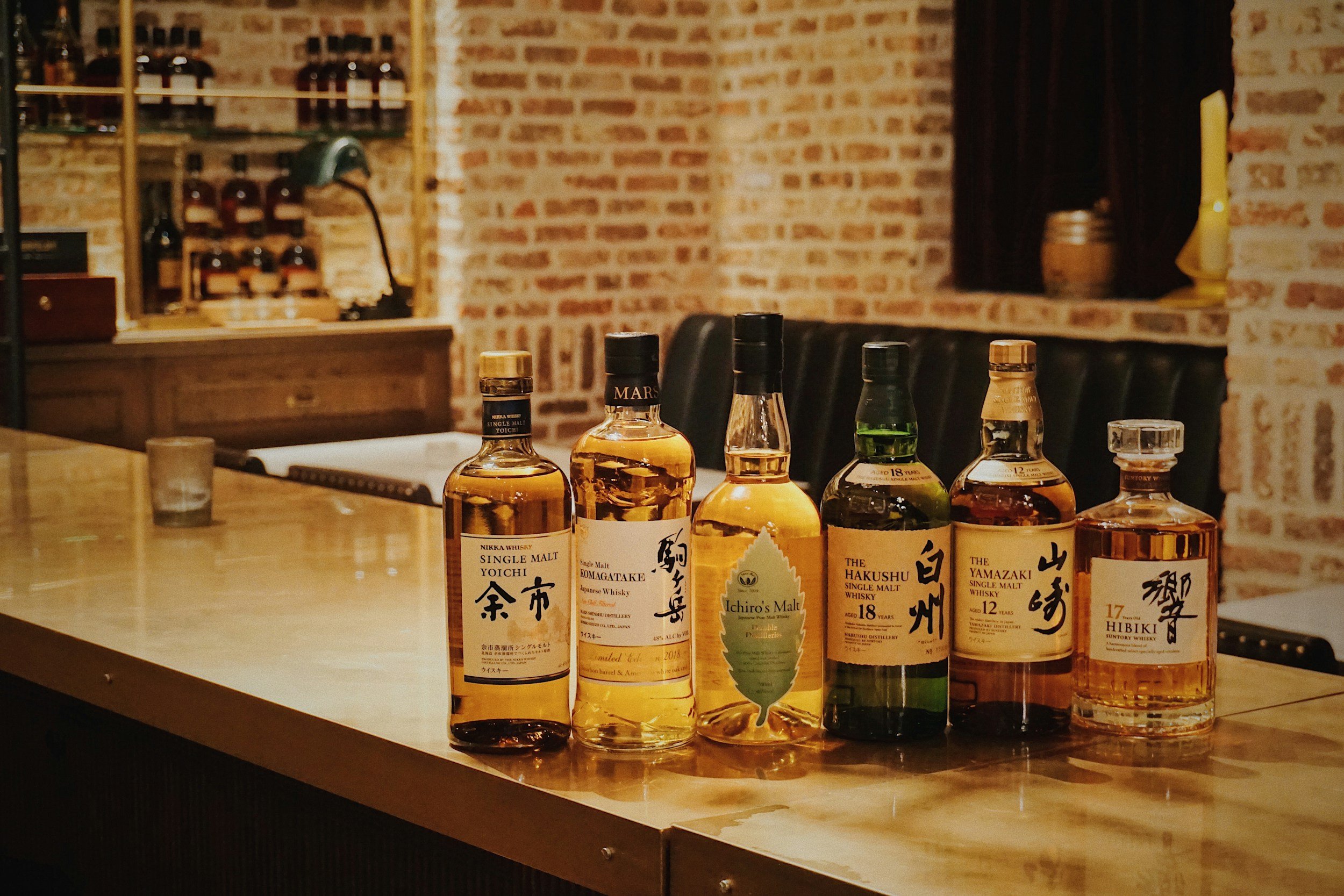How long should you stay awake after a mild traumatic brain injury/concussion?
It all begins with an idea.
Do you have to avoid coffee and caffeine after a concussion (mild traumatic brain injury)?
It all begins with an idea.

Life's big question: How long after a concussion can you drink alcohol?
It all begins with an idea.